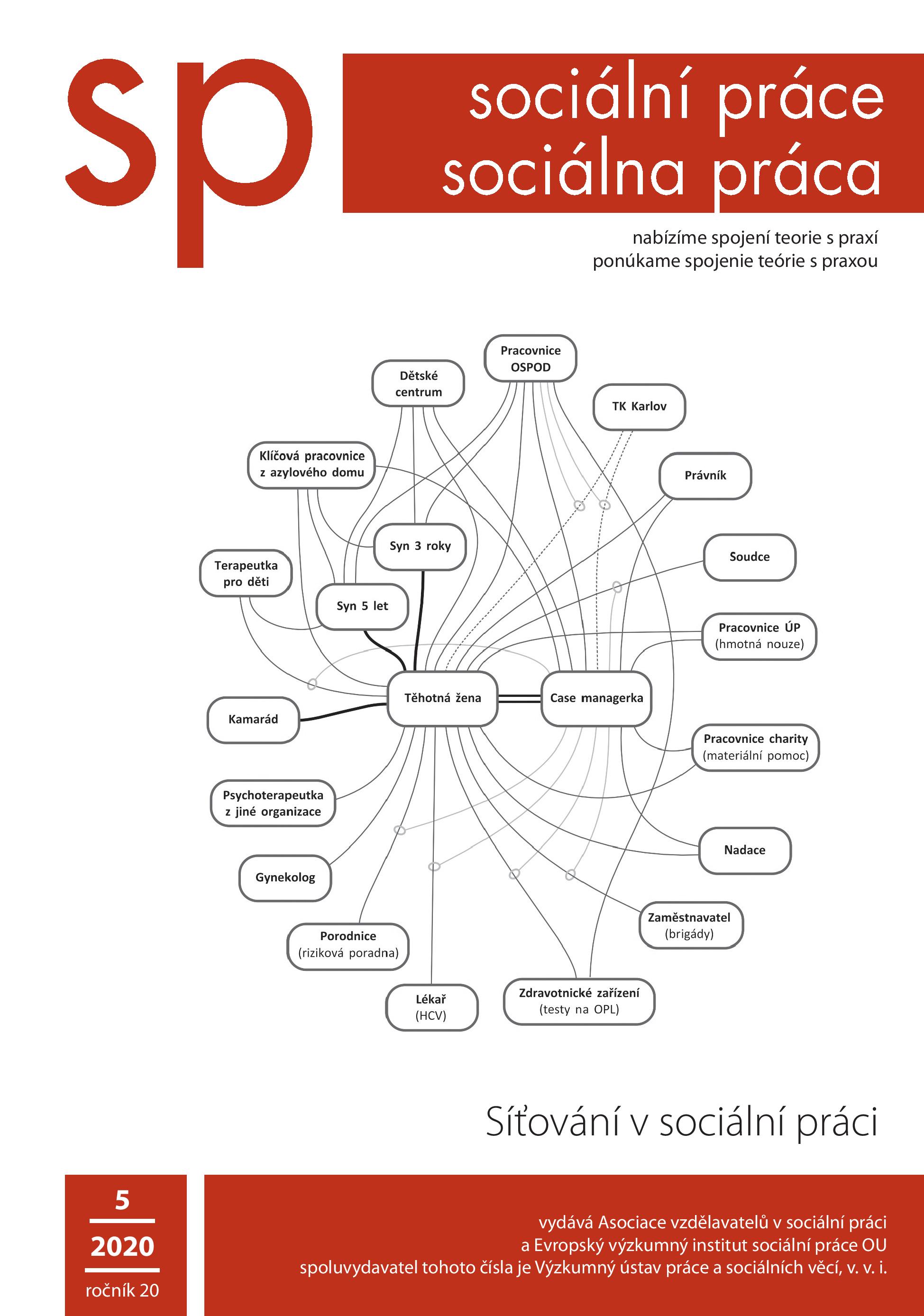
Search the web
Publishing schedule
6/2020 – Evaluation in Social Work 1/2021 – ERIS Journal - Winter 2021 - Forced Migration and Minority Groups 2/2021 – 3/2021 – 4/2021 – ERIS Journal - Summer 2021 - Histories of social work
Issues

Manuscript submission deadline: February 10th 2021 to journal@socialniprace.cz.
Social Work History
Social work practice has a rich history both in Europe and in the world. In Czechoslovakia, its professional background dates back to 1918, when the existence of the first social work school, the Women's Higher School of Social Care, Prague, was documented in expert sources. Available sources such as publications, journals, archival materials, and memories of direct participants of past events help us understand social work history. Unfortunately, there is still a lack of knowledge based on scientific grounds (i.e. with the described methodology of its acquisition and with a specified bibliography of sources) in social work. Broadly speaking, the issue of history is neglected groundlessly by the expert community.
How has social work developed in Europe and beyond? What spheres have social workers been active in? What has their everyday intervention been? What problems have they coped with? How have they been trained? How has social work practice developed in various regions and in different time periods? What has influenced social work intervention methods and how? Who namely has contributed to the development of social work? What theoretical grounds have been in place in practice? These are random questions that we can ‒ due to the missing relevant sources ‒ answer only in a short, insufficient and vague manner, if at all.
The upcoming issue of the Journal aims at increasing scientific knowledge of social work history in the European as well as wider context, and at enriching the professional discourse with new data. Let us try to answer both the aforementioned questions and others in order to fill the gaps in this field’s history and to promote discussion on the existence of social work as a science. Expert sources presenting the findings of scientific research can enhance social work.
Knowledge of the history of the science should form an integral part of the theoretical education of all professionals. History can teach us, inspire us, offer us examples of best practice and warn us about putting effort into activities that were unsuccessful in the past. Knowledge of history can provide prestige to science, bring professional self-identity, make social work history visible in the media or "simply" map the missing parts of its development.
Let us create the mosaic of social work history together.
The full version of the manuscript can be submitted exclusively to journal@socialniprace.cz.
Marie Špiláčková,
editorka



